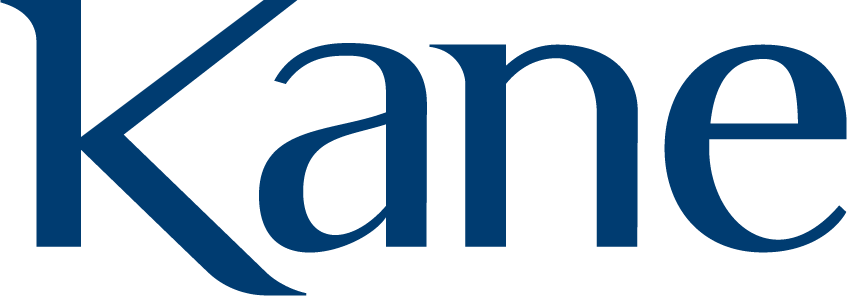Protecting your brand in an era of fake news
When the American Marketing Association in Milwaukee asked our team at Kane Communications Group to develop a presentation about how companies can use social PR to protect themselves from fake news, we jumped at the chance. Before founding our firm, I spent more than 15 years in television news working to empower people with information that would help them make informed decisions. The art was always finding the human angle, connecting people with the facts in ways that would resonate with them.
The fake news of today represents a real problem both for people seeking information and companies, organizations, politicians, etc. who are sharing it. Fake news generally starts with a modicum of truth and it appeals to values and beliefs that resonate with each of us. Today, this misinformation is cheap to produce and can go viral in an instant. This may be all people need to make a decision or a mistake.
During our presentation at the University of Milwaukee’s Center for Continuing Education, we put fake news in context and, provided five tools that we use to help companies and individuals protect themselves.
Develop your brand and live it. A brand is not a logo or a statement. Your brand is a promise about what you stand for. It’s much harder to hurt companies, organizations, and people who live authentic brands through their relationships and business practices.
Be proactive. There are a number of ways organizations can be proactive to protect themselves from fake news. Start with prevention by understanding risks to your organization and taking steps to mitigate them: build positive relationships with your customers, advocacy groups, and the media. Get to know reporters even before you pitch them a story. Share stories on your social and digital platforms that demonstrate your brand in action, share media coverage that tells your authentic story. If you have to react, react quickly. Make sure you’re monitoring mentions of your company on social channels and in the news. Waiting even an hour to respond to a false or negative mention can invite countless individuals to spread and comment on false information.
Listen. Of course, it’s impossible to be proactive if you’re blissfully unaware of what’s being said about you. A variety of low-cost social media monitoring tools, any of which are light years beyond setting up a Google Alert, are available to help you stay ahead of stories and ideas impacting your products and services.
Amplify. Today, many organizations develop elaborate content calendars and push their messages out. You might be surprised at how ineffective this push is. How do you increase the reach of your messages? Through active outreach to advocates and influencers. It is important to engage not only bloggers and customers who have an interest in you but also your own executives, employees, and stakeholders. If your organization has prohibited employees from participating on social media, you’re hobbling your own ability to magnify and share your authentic story and messages. Show them how you’d like them to talk about the company, give them examples and easily shared posts, and encourage them by letting executives set the example. Finally, many organizations haven’t taken enough advantage of social advertising. A modest monthly budget can yield some real returns.
Align with business goals and get executive sponsorship. Whether you’re an agency partner or internal staff, you’re going to have a hard time justifying any budget for social PR if it’s not aligned with your organization’s business goals. Work with your company’s leadership to understand those goals and make sure every social step you take is designed to achieve them.
These tools don’t have to require a significant investment of dollars or time, but they absolutely require a commitment. As policymakers begin taking steps to understand how to slow or stop the proliferation of fake news, companies and their communication leaders should not wait to put tools like these to work to protect their organizations.

